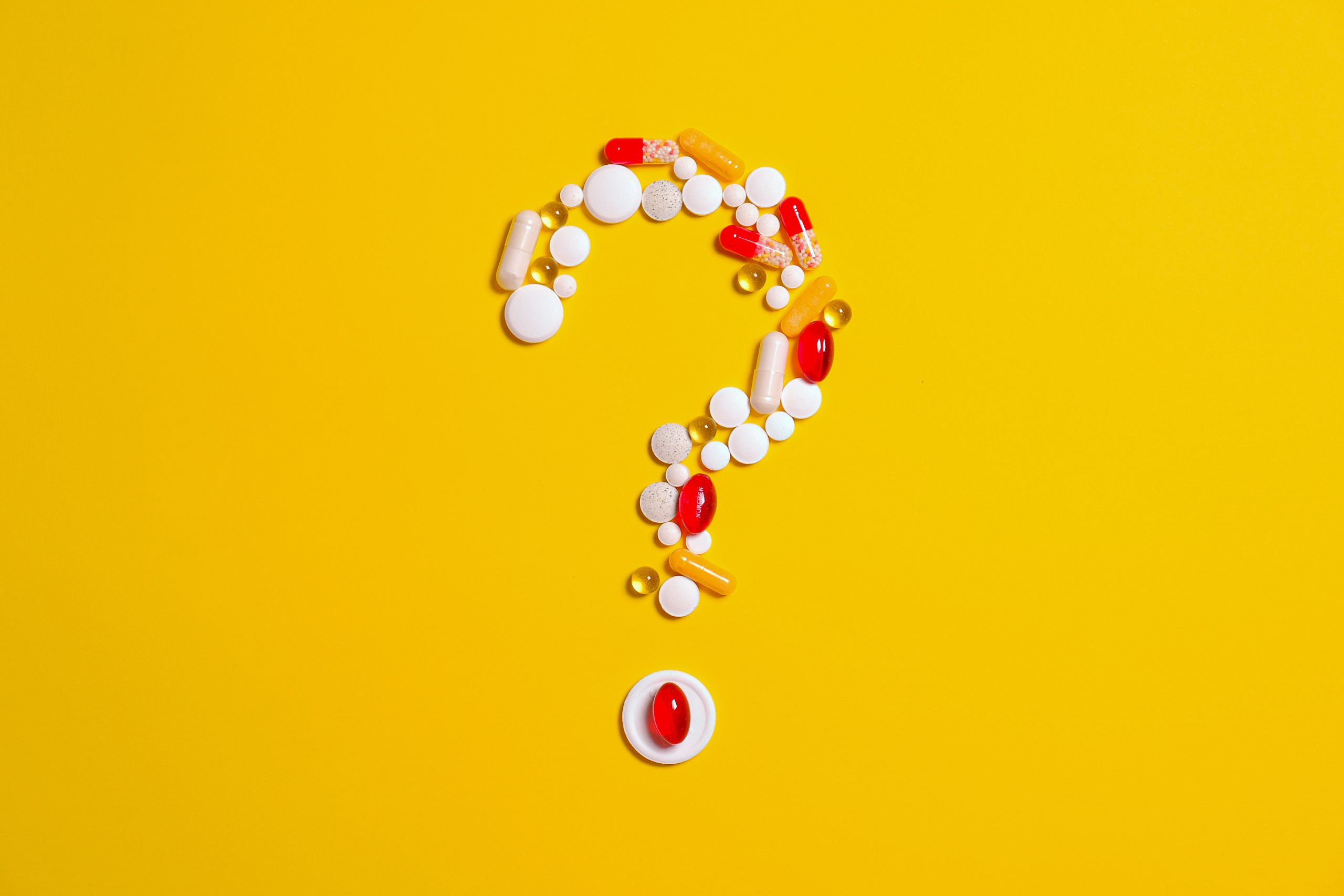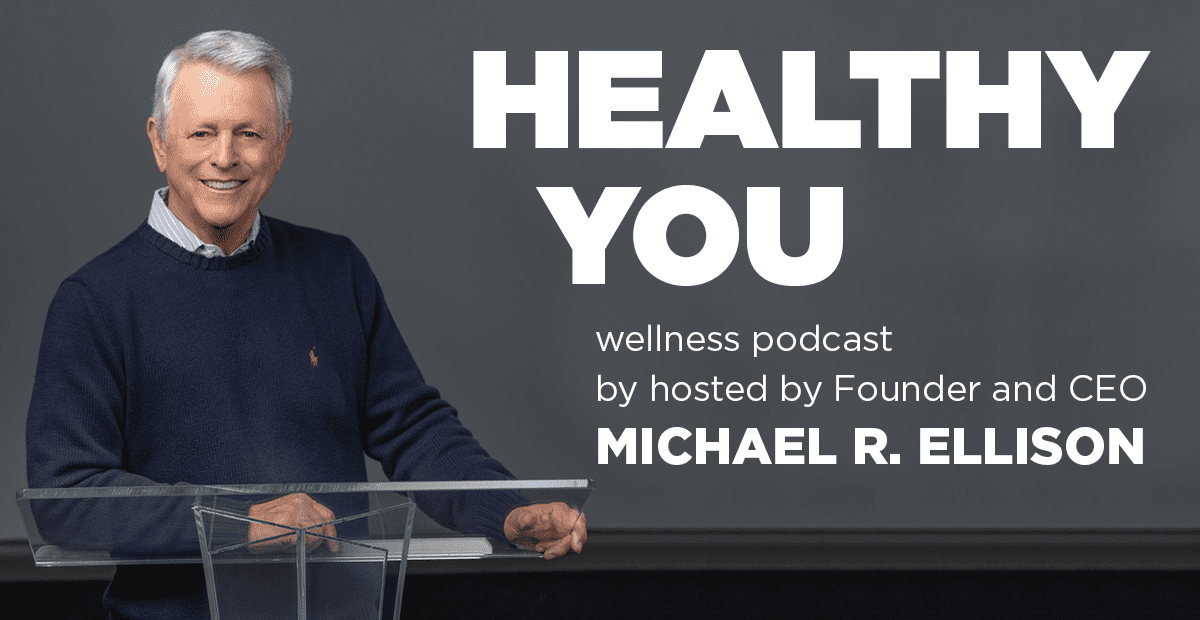The heart is the center of life as we know it.
The average human heart beats approximately 100,000 times per day, which equals 35 million times per year and an astounding 2.5 billion times over the course of a lifetime. The heart supplies life-giving blood filled with nutrients, chemicals, oxygen and fluid throughout the body and does it in such a way that it seems almost impossible to understand. Think of it like this—the heart is an organ that manages not only the physical precision of blood, but also manages our heart rate that sends waves throughout the body, as well as pressure to maintain optimal blood flow each time the heart beats.
It’s from the heart we connect to what we believe, hold our ambitions, develop our passions. It’s the center of who and what we love. When we give our hearts to something or someone, we are giving our all. Over time, what we give our hearts to changes, gets redefined and shows up in new ways of living. How we feel good, bad and indifferent plays a significant role in how our hearts function. Too much stress, as an example, contributes significantly not only to our heart rate, blood pressure and overall cardiovascular function, but also alters one’s ability to handle day-to-day stress in the future which can become a vicious cycle over time.
There is good news! Lifestyle modifications have been shown to not only prevent heart conditions, but have demonstrated the ability to possibly reverse them. The most significant contributors to preventing heart disease include a Mediterranean diet, regular physical activity, managing day-to-day stress, targeted supplementation and reducing toxic load. While this may seem easy, for many it can be challenging to do the basics. Take it slow, make the easiest changes first and then incorporate other changes along the way. With lifestyle changes, we have the power to influence significant changes in the body not otherwise possible and there is no such thing as too little when making heart-healthy lifestyle choices.
Too often doctors and the public at large are waiting for a cardiovascular event before taking any action to prevent heart disease. Heart disease takes time to develop and there are specific health markers that can and should be monitored and managed along the way to not only have a healthier heart now, but throughout one’s lifetime. While sophisticated tests such as EKG, calcium score and echocardiograms are available to identify disease, there are much simpler markers for measuring and maintaining cardiovascular health. These include a healthy waist circumference, normal blood pressure, normal glucose, managing day-to-day stress and getting 10,000 steps per day. The best part is that all of these heart-healthy markers can be effectively managed and measured on a daily basis from the comfort of your own home.

Let’s talk about the importance of targeted diet and supplementation for cardiovascular health.
For instance, omega-3 fatty acids are found in fish and are essential because the body cannot produce them and they are needed for maintaining health. Some may be concerned about possible mercury or other contaminants in fish and fish oil supplements, which is where targeted nutrition comes in. The benefits of eating fish and taking a fish oil supplement as part of a heart-healthy diet have been shown to outweigh the possible risks of exposure to contaminants because of the significance of the cardiovascular system.
Omega-3 fatty acids may benefit heart health by:
- Lowering triglycerides
- Lowering blood pressure
- Reduce the incidence of blood clotting
- Decrease risk of strokes and heart failure
- Reducing irregular heartbeats
Coenzyme Q10 is a non-essential antioxidant produced by the body that prevents premature oxidation of cells as well as mitochondrial (energy) production in muscles including, but not limited to, the heart. As we age, CoQ10 levels continue to diminish, especially for those taking a statin for reducing cholesterol. While there are food sources such as fish, meat and nuts with CoQ10, the amounts are relatively low.
CoQ10 may improve:
- Symptoms related to congestive heart failure
- High blood pressure
- Recovery in people who’ve had bypass and heart valve surgeries
- Reduce low-density lipoprotein (LDL) cholesterol and total cholesterol levels in people with diabetes
- Reduce muscle pain and weakness due to statin use
Vitamin K2 is a non-essential fat-soluble vitamin that is made by intestinal bacteria. The antioxidant properties of vitamin K have been shown to prevent calcification of arteries and veins as well as building healthy bones. Dark green leafy vegetables such as broccoli, lettuce, cabbage, spinach and green tea are all good sources of vitamin K1 while fermented dairy products are good sources of vitamin K2. Deficiencies can occur if taking an anticoagulant such as Coumadin and Warfarin or long-term antibiotics.
Vitamin K2 may improve:
- Blood clotting
- Arterial flexibility
- Prevents calcium from accumulating in the walls of blood vessels
- Prevention of osteoporosis
B12, B6 and folic acid are water-soluble B-Vitamins. The term folic comes from the Latin word folium which means “foliage” due to high concentrations found in kale, spinach, beet greens and chard. The best source of folic acid is found in brewer’s yeast. B12, B6 and folic acid function together in many body processes and one of the most important is in cellular division known as mitosis so DNA sequencing can occur in the formation of new cells.
B12 and Folic Acid may improve:
- Reducing homocysteine
- Reducing atherosclerosis
While everyone’s personal cardiovascular health varies, our hope is the information provided in this article helps you identify personal lifestyle modifications that can be incorporated into your daily life to not only address heart-related issues, but prevent them altogether.










